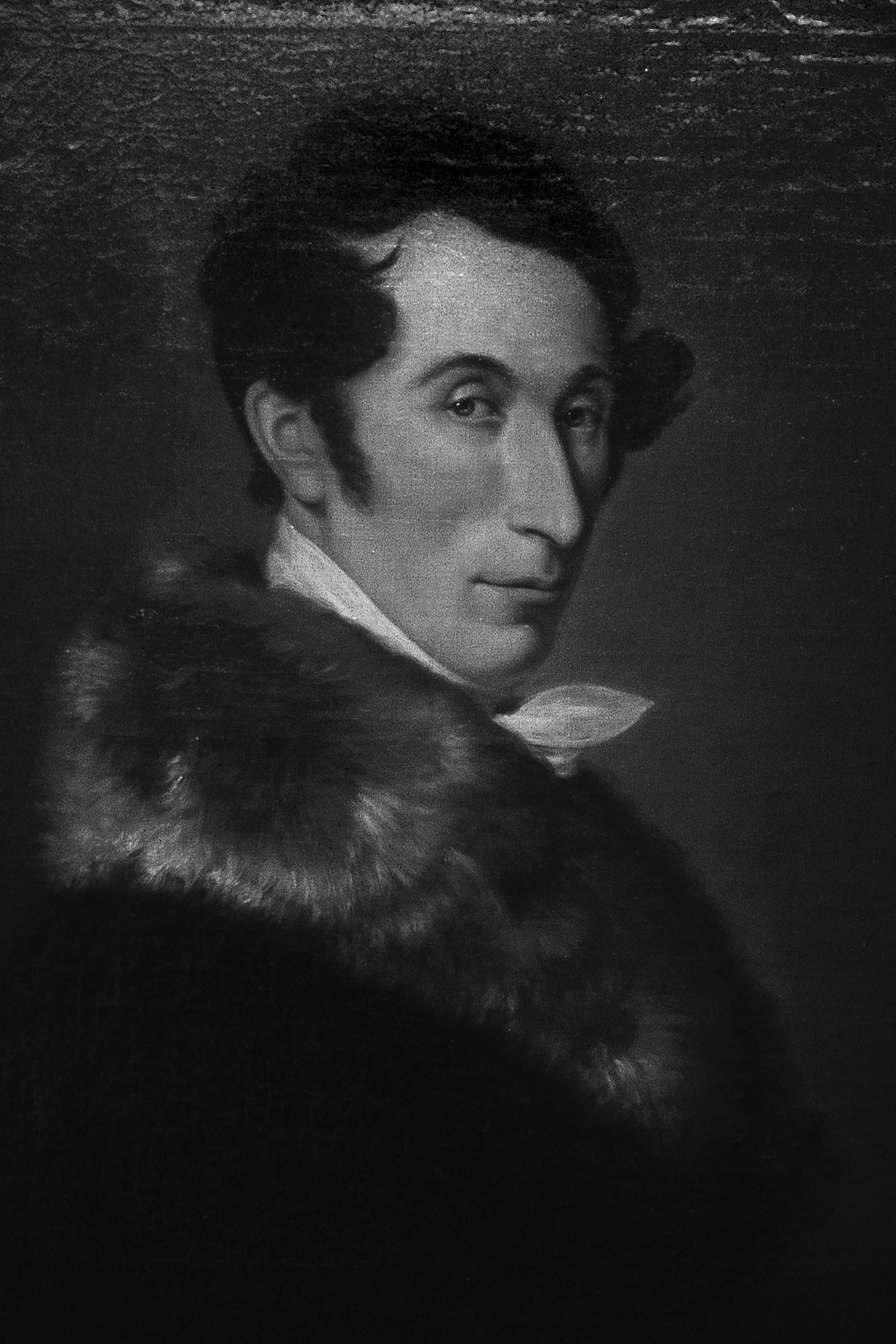
Born in the heart of Germany, in a family echoing with musical expression, Carl Maria Friedrich Ernst von Weber emerged as a virtuoso pianist, a proficient conductor, a discerning critic, and a pioneering composer of the Romantic era. His life and works, filled with a harmonious blend of passion, talent, and dedication, have left a lasting impact in the realm of music, particularly in the development of Romantic opera.
Early Life and Family Background
Born on November 18, 1786, in Eutin, Holstein, Weber was the eldest of three children. His father, Franz Anton von Weber, was a musician and an ambitious theater enthusiast who organized a travelling theater company. His mother, Genovefa Weber, was a Viennese singer. The family’s rich artistic heritage played a crucial role in shaping Weber’s early exposure to music and theater.
Weber’s childhood was marked with physical challenges. He was born with a congenital hip disorder that caused him to limp throughout his life. However, his physical limitations did not deter his musical aspirations. By the age of four, he was already a capable singer and pianist.
Musical Education and Early Experiments
Weber’s musical journey was as varied as the places where he lived. His father, a nomad at heart, moved the family relentlessly across Hamburg, Salzburg, Freiberg, Augsburg, and Vienna. These travels provided Weber with the opportunity to study under numerous teachers, including his father, Johann Peter Heuschkel, Michael Haydn, Giovanni Valesi, Johann Nepomuk Kalcher, and Georg Joseph Vogler.
Weber’s first notable creation under Vogler’s supervision was a series of operas. Although none of these early compositions survived, they marked the beginning of Weber’s lifelong passion for operatic music.
Pioneering Works and Musical Innovations
While Weber’s output of non-operatic music was modest, it was nonetheless remarkable. He composed a Symphony in C Major, a viola concerto, and several piano pieces, including the famous Konzertstück in F minor and the Invitation to the Dance. Weber also composed numerous works for the clarinet, a testament to his admiration for the instrument and his friendship with the virtuoso clarinetist, Heinrich Baermann.
However, Weber’s most significant contribution to music lay in his operas, particularly his German Romantic operas. These operas, characterized by their dramatic narratives, rich orchestration, and deep emotional resonance, were instrumental in shaping the future of German Romantic opera. Weber’s best-known work, Der Freischütz, remains one of the most significant operas in the German repertoire.
An Icon of the Romantic Movement
Weber’s work was not limited to composition. He was also a prominent conductor and music director, known for his significant contributions to the opera houses of Breslau, Prague, and Dresden. Weber was an ardent advocate of German opera and worked tirelessly to establish it as a respected genre, independent of its Italian and French counterparts.
Weber was also a prolific writer and critic. His writings, which included reviews, essays, and articles, echoed his passion for music and served as a platform for him to champion the ideals of the Romantic movement. In his writings, Weber expressed a strong preference for music that prioritized emotion over form and championed the heart over the mind.
Weber’s Legacy
Weber’s death in 1826 marked the end of a remarkable career. However, his legacy continues to resonate in the world of music. His operas, particularly Der Freischütz, Euryanthe, and Oberon, have had a significant impact on the development of Romantic opera in Germany. Weber’s works for woodwind instruments, particularly the clarinet, remain popular among musicians and audiences alike.
Weber’s influence extends beyond his compositions. He is remembered as one of the first conductors to use a baton and is celebrated for his innovative approach to orchestration. His efforts to establish a German operatic tradition have had a lasting impact on the world of opera.
